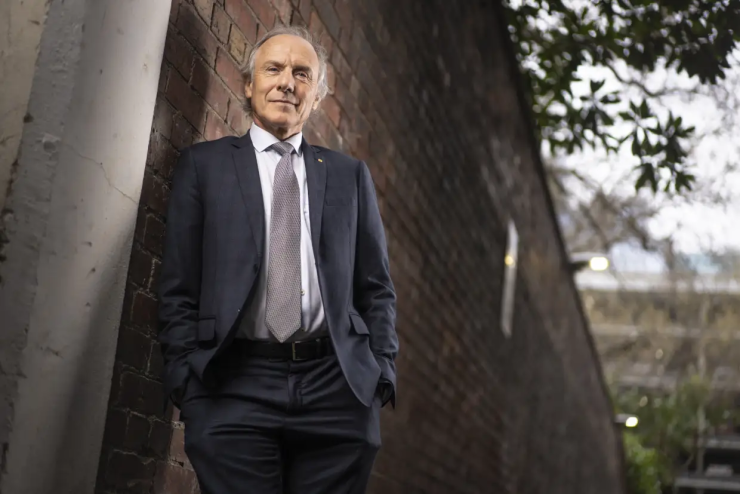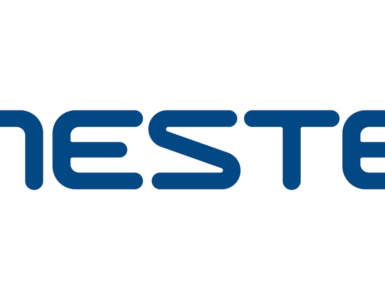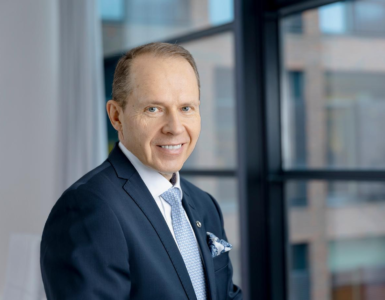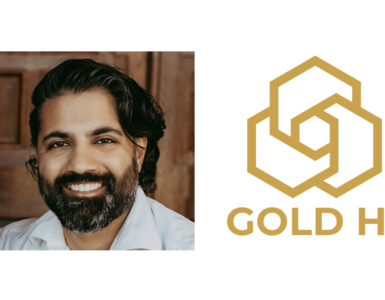Hydrogen technology developer Hysata has named former Australian chief scientist Alan Finkel as head of the advisory board.
Hydrogen technology developer Hysata has named former Australian chief scientist Alan Finkel as head of the advisory board to help bring its technology to market.
The appointment is a coup for Hysata and will aid the company’s efforts to accelerate the commercialisation of its breakthrough technology.
As Chief Scientist, Dr Finkel spearheaded the development of the National Hydrogen Strategy and conducted an independent review into the future of the National Electricity Market after a statewide blackout in South Australia in September 2016.
🔥 What about we co-host a webinar? Let's educate, captivate, and convert the hydrogen economy!
Hydrogen Central is the global go-to online magazine for the hydrogen economy, we can help you host impactful webinars that become a global reference on your topic and are an evergreen source of leads. Click here to request more details
The appointment will allow Hysata to tap into Dr Finkel’s extensive knowledge, while the technology expert will also be tasked with appointing new members of the advisory council.
Paul Barrett, CEO of Hysata, said:
Our mission is to lead the world in green hydrogen production through our high system efficiency electrolyser technology.
“We are immensely proud to have such an esteemed chair of our global advisory council in Dr Finkel.”
“His expertise in renewable energy and hydrogen is unparalleled, his international reputation and relationships are well known, and we welcome his support and guidance as we accelerate towards commercialisation.”
There is growing excitement at Hysata after it announced earlier this year that it had developed technology that drastically improves the efficiency of hydrogen production – potentially accelerating the commercialisation of the clean fuel which is seen as vital to decarbonising heavy transport, industry and agriculture.
Hydrogen is expected to be commercially viable when it can be produced for less than $2 a kilogram of the flammable gas – a milestone thought to be up to a decade away despite huge investment and government support.
Energy efficiency
The two largest components of producing hydrogen are electrolysers – which separate hydrogen from oxygen in water – and the cost of energy. A rapid increase in cheap renewable and solar energy reduced wholesale electricity prices until northern hemisphere winter energy shortages were exacerbated by Russia’s war on Ukraine.
Traditional electrolysers remain inefficient, but Hysata has developed a new “capillary-fed electrolysis cell” that can produce hydrogen from water at 95 per cent cell energy efficiency.
Hysata raised $42.5 million in an oversubscribed share issue in August, attracting local and foreign heavyweights, including the Clean Energy Finance Corporation, UK-listed IP Group’s Australian arm, Vestas Ventures from Denmark, local super fund Hostplus and steelmaker BlueScope.
The bulk of the funds will be used to demonstrate the capacity of the product to be produced at scale. Dr Finkel said he was extremely excited about the company’s prospects.
Dr Alan Finkel told The Australian Financial Review, said:
The electrolysis industry globally will be huge, We are in the early stages of development but it is the right time.
“Australia will be one of the biggest if not the biggest markets for electrolysis.”
Not everyone shares Dr Finkel’s outlook.
Plans for Australia to become a hydrogen superpower were rubbished at The Australian Financial Review Energy & Climate Summit by author and academic Saul Griffith, who argued the large volumes of low cost renewable energy required to manufacture affordable “green hydrogen” gas could more efficiently be consumed as electricity.
Dr Finkel said batteries and hydrogen would coexist, with the latter better suited to industrial processes and reducing emissions from hard to abate sectors.
Ammonia is used to make fertiliser products but is increasingly viewed as the best way to transport hydrogen between nations to energy customers as well because it is a more stable compound than pure hydrogen.
Dr Finkel has identified steel making as be the highest value use of green hydrogen in future – a reference to hydrogen’s potential to be a substitute for coking coal in steel making.
Steelmakers using blast furnaces – the dominant technology in Asia which buys most of Australia’s iron ore and coking coal – have been dubbed “hard to abate” because they produce large volumes of carbon dioxide, even when fully powered by renewables.
READ the latest news shaping the hydrogen market at Hydrogen Central
Alan Finkel joins hydrogen tech hopeful, October 30, 2022








